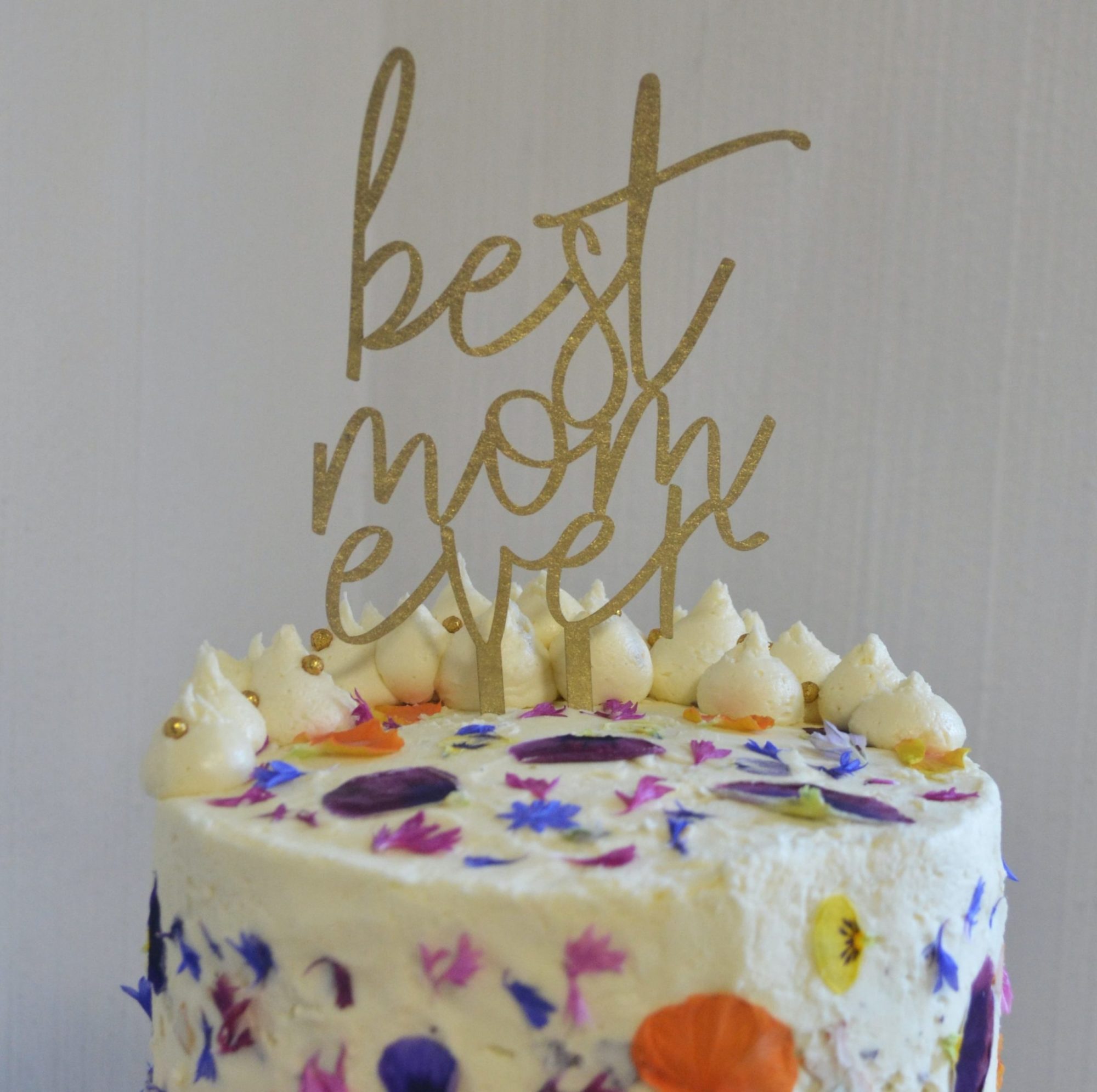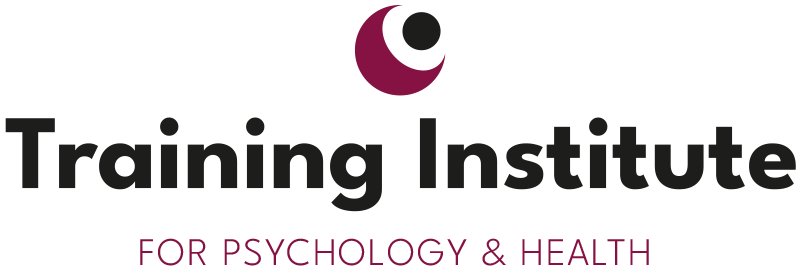Parental perfectionism, what is it?

There is no such thing as parental perfectionism or the perfect parent. And that’s fortunate because children build some of their greatest strengths on their parents’ greatest weaknesses.
In one sentence, we could define parental perfectionism as trying to be a perfect parent while worrying about one’s ability to be one. So, there are two components to parental perfectionism: high/demanding goals and a fear of failure.
In the context of parental perfectionism, high/demanding goals are about:
- Either the parent: for example, the parent always wants to be at the top of their game and in a good mood when interacting with their child, to do the nicest activities, bake the best cakes, etc.
- Or the child: the parent wants their child to be the happiest, the most sociable, the best academically, the best in music or sports, and so on, depending on what the parents particularly value.
Fear of failure refers to a significant and persistent worry about not achieving your goals.
Perfectionist parents are constantly worried about not being good enough, always doubting themselves, wondering what they could or should have done differently. They are afraid to make mistakes and fear that their child will not develop as they would like. This is what is happening to Mary. Mary had a difficult childhood and promised herself to be the mother she wanted to have. She really wants to be ‘a great mom’. Since her first pregnancy she has read a ton of books on parenting. She wants to be a positive, caring mother and feels terribly guilty when she raises her voice at her children on a bad day. On her children’s birthdays, she spends hours baking beautiful cakes and making sure the party is magical. In the end, she doesn’t even enjoy the party because she is so exhausted by the preparations and from worrying that nothing will turn out as planned. During the holidays, she would like to do memorable activities with her children and feels very angry when she doesn’t have the time or the means to do what she had imagined, or if one of her children doesn’t seem to enjoy what she has spent so much money and effort on. When her children misbehave, she blames them as she feels that they are making her fail as a mother. And of course, she suffers because they don’t see how much she does for them… She provides them with so much, so why are they so ungrateful? Unless she is the one to blame? But why? Should she have been more severe? Mary doesn’t know what to think any more. She is lost and wonders where it all went wrong. Mary is suffering because of her perfectionism.Perfectionism can have multiple origins
Some parents are perfectionists in all domains of life. Others are particularly sensitive to social pressure. For some other parents, perfectionism masks a painful childhood of parental instability, abuse, neglect, separation or some other trauma. Mary didn’t have the childhood she would have liked to have because of her own dysfunctional parents, so she promised herself to be a different kind of mother. This desire to be the mother she didn’t have prevents her from questioning her perfectionism. She is afraid of being a bad mother. It’s a vicious circle.Fortunately, there are antidotes for parental perfectionism!
These include:- Analysing the events and beliefs that underlie your perfectionism,
- Analysing the negative consequences of your perfectionism for yourself and your children (some perfectionist parents tend to put a lot of pressure on their children to be perfect too),
- Revising certain beliefs that fuel perfectionism, and
- Developing self-compassion, i.e. being kind/tolerant to yourself.
By Isabelle Roskam, Ph.D. and Moïra Mikolajczak, Ph.D.

